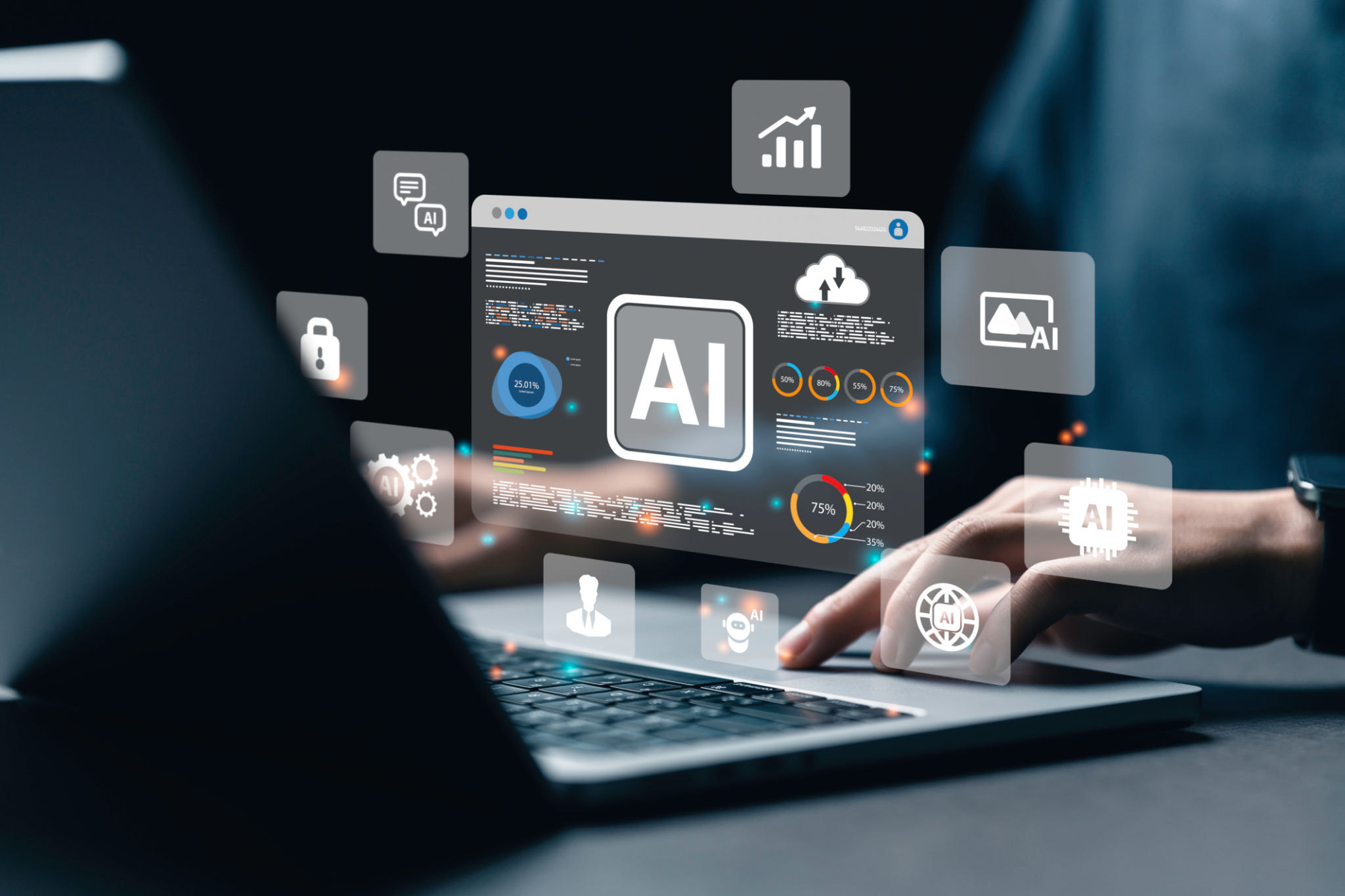Expert Insights: Preparing for a Future in Artificial Intelligence
Understanding the AI Landscape
Artificial Intelligence (AI) is no longer just a concept from science fiction; it is a significant aspect of our present and an even larger part of our future. As AI continues to evolve, it reshapes industries, influences decision-making processes, and enhances efficiency like never before. To thrive in this AI-driven world, understanding the landscape is crucial. AI is not just about technology; it's about transforming the way we live and work.
Businesses are increasingly leveraging AI for automation, predictive analytics, and personalized customer experiences. The ability to harness AI effectively can set a company apart from its competitors. Therefore, having a strong grasp of AI fundamentals is essential for future professionals and businesses.

Skills Needed for a Career in AI
Preparing for a future in AI requires developing a broad set of skills. While technical expertise is vital, understanding the ethical implications and strategic applications of AI is equally important. Here are some key skills to focus on:
- Programming and Software Development: Proficiency in languages like Python, R, and Java is essential for building AI models.
- Data Analysis: The ability to interpret large datasets to drive decision-making processes.
- Machine Learning: A deep understanding of algorithms and statistical models that enable computers to learn from data.
Furthermore, soft skills such as problem-solving, critical thinking, and creativity are invaluable as they enable individuals to apply technical knowledge effectively.

The Role of Education and Continuous Learning
Education plays a pivotal role in preparing for a future in AI. Traditional degree programs in computer science, data science, and engineering provide a solid foundation. However, with the rapid advancement in AI technologies, continuous learning is crucial. Online courses, workshops, and certifications can help professionals stay updated with the latest trends and tools in AI.
Moreover, engaging with AI communities and participating in forums can provide insights from industry experts and foster collaboration. This networking can be beneficial for both personal growth and career advancement.

Ethical Considerations in AI
As AI becomes more integrated into our lives, ethical considerations become increasingly important. AI systems should be designed to be fair, transparent, and accountable. Potential biases in AI algorithms can lead to unfair treatment or discrimination if not addressed properly.
Professionals entering the AI field must be aware of these ethical challenges and strive to build systems that enhance equity and trust. This includes understanding the importance of data privacy and security in developing AI solutions.
The Future of Work with AI
The integration of AI into various sectors predicts significant changes in the workforce. While some fear job displacement due to automation, AI also creates new opportunities. Roles that involve creativity, complex problem-solving, and interpersonal skills are less likely to be automated and will continue to grow.
Organizations must focus on reskilling and upskilling their employees to adapt to these changes. Embracing a culture of lifelong learning will ensure that both individuals and businesses remain competitive in an AI-driven economy.

Conclusion: Embracing the AI Revolution
The future with artificial intelligence promises transformative changes across various domains. By gaining the necessary skills, staying informed through continuous learning, addressing ethical challenges, and adapting to workforce changes, individuals can prepare effectively for this future. Embracing the AI revolution offers an opportunity not just to survive but to thrive in a rapidly evolving world.
As we stand on the brink of an AI-powered era, it's essential to approach this journey with both caution and optimism. Together, we can build an inclusive and innovative future where technology serves humanity's best interests.
